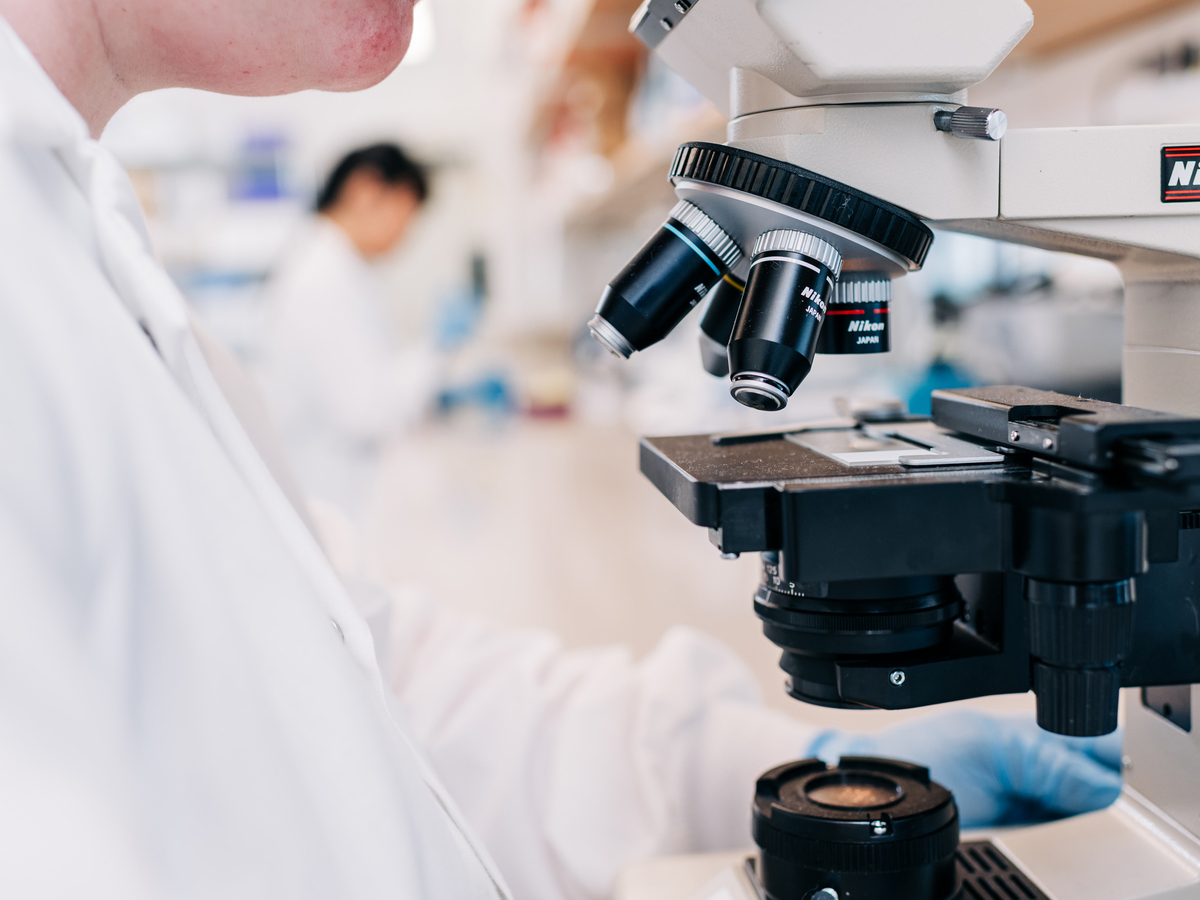 The University of Alabama at Birmingham is exploring a promising protein source that may help reduce cholesterol and support overall health, according to ongoing research led by experts in the Department of Biology.
The University of Alabama at Birmingham is exploring a promising protein source that may help reduce cholesterol and support overall health, according to ongoing research led by experts in the Department of Biology.
The protein originates from bacteria cultures that thrive on waste materials — an innovative approach to sustainability. Following initial development, Stephen Watts, Ph.D., professor in the UAB Department of Biology, began advanced research with funding support from the National Institutes of Health. Watts and his team uncovered findings that could pave the way for breakthroughs in both health care innovation and global food security.
To evaluate the protein’s effects, Watts used zebrafish — a widely recognized model organism in biological research — and administered the protein over a controlled period. Within several months, the fish exhibited reduced adiposity and cholesterol metabolism, functioning much like a statin drug. This indicates that the protein may offer significant physiological benefits beyond basic nutrition.
“The zebrafish grew and developed well from the protein, comparable to what you would see from the use of an animal or plant-based protein source,” Watts said.
Because the protein can be produced in large quantities and stored as a powder, Watts suggests that it could be a potential source of dietary protein to address food insecurity at a global level.
“Our goal is not to replace animal or plant sources of protein, but to hopefully supplement those sources,” Watts said. “It would be possible to incorporate this protein into other ingredients to develop a more complete diet for those who may live in food deserts or are malnourished.”
Watts looks to optimize current procedures for the best results, as they have already begun early-stage testing to explore its potential effects on cancer cells.
“The fact that we have seen good outcomes beyond typical protein effects in our experiments, such as positively affecting important metabolic processes, is a great sign for the potential to see even more benefits,” Watts said.
The bacteria-derived protein source was developed by Meridian Biotech.